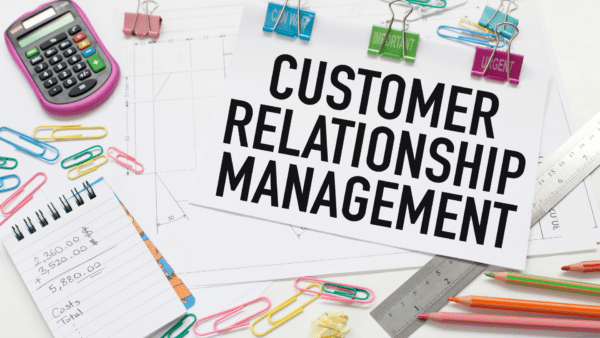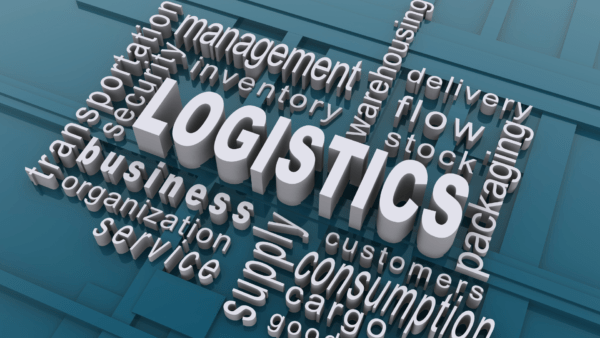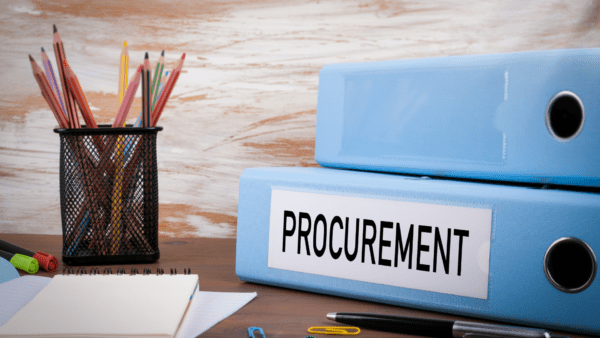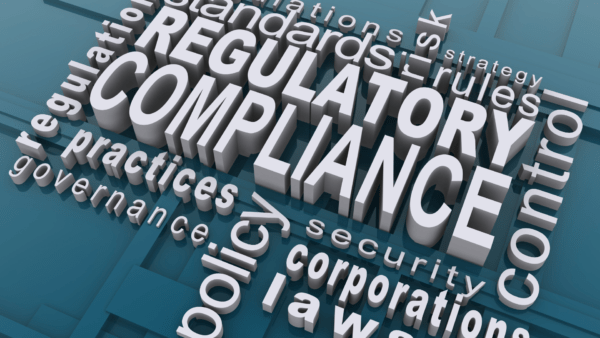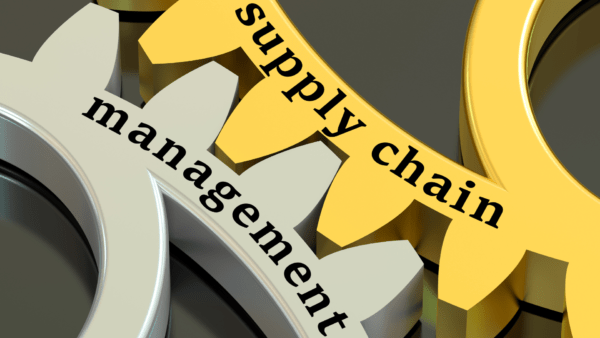
The Transportation, Distribution, and Logistics (TDL) career field encompasses a broad range of industries and activities involved in the movement of goods and services from one location to another. It plays a crucial role in the global economy by facilitating the efficient and timely transfer of products through various stages of the supply chain.
Education
Varies, with entry-level positions typically requiring a high school diploma or equivalent, while management roles often require a bachelor’s degree in areas such as logistics, supply chain management, business administration, or related fields. Advanced degrees, such as master’s or specific certifications, can enhance career opportunities, and ongoing professional development is crucial given the dynamic nature of the industry.
To Consider
- Gaining hands-on experience through internships or entry-level positions can be valuable in building a successful career.
- The field is subject to numerous regulations and compliance standards, including safety regulations, environmental regulations, and transportation laws. Staying informed and ensuring compliance is crucial to avoid legal issues.
- Professionals need to stay current with technology trends and be adaptable to new tools that can enhance efficiency and competitiveness.
- Professionals must be prepared to adapt to changing economic conditions, such as shifts in consumer demand, inflation, or recessionary periods.
Examples of Professional Areas (non-exhaustive)
Examples of Professions (non-exhaustive)
Common soft skills (non-exhaustive)
Working in the Transportation, Distribution, and Logistics (TDL) field requires a combination of technical expertise and soft skills to navigate the complex and dynamic nature of the industry. Here are some common soft skills that are highly valued in this field (this list is non-exhaustive; note that all skills are not necessarily needed).
Adaptability: The willingness and ability to adjust to changing circumstances, technologies, and industry trends. The TDL field is dynamic, and professionals need to adapt to evolving situations.
Analytical Thinking: The skill of analyzing data and trends to make informed decisions. Analytical thinking is crucial for roles such as logistics analysts and supply chain planners.
Attention to Detail: Being meticulous and thorough in tasks, such as inventory management, order fulfillment, and documentation. Precision is essential to prevent errors and maintain the integrity of the supply chain.
Communication Skills: The ability to convey information clearly and effectively, whether it’s in written form, verbally, or through presentations. This skill is crucial for coordinating with team members, clients, and other stakeholders.
Conflict Resolution: The ability to address and resolve conflicts that may arise within a team, between departments, or with external partners. Conflict resolution skills contribute to a positive and productive work environment.
Crisis Management: The ability to remain calm and make effective decisions in high-pressure situations, such as supply chain disruptions or emergencies.
Customer Service: A focus on meeting customer needs, addressing concerns, and ensuring satisfaction. Professionals in the TDL field often interact with clients and must provide excellent customer service.
Decision-Making: The capacity to make sound decisions based on available information and strategic goals. Decision-making skills are essential for managing logistics operations and supply chain processes.
Ethical Judgement: The ability to make decisions that align with ethical standards and corporate values, especially when dealing with issues like compliance and sustainability.
Interpersonal Skills: The ability to build positive relationships with colleagues, clients, and other stakeholders. Strong interpersonal skills contribute to effective communication and collaboration.
Leadership: The capacity to guide and inspire others to achieve goals and overcome challenges. Leadership skills are crucial for management roles within the TDL field.
Negotiation Skills: The ability to reach mutually beneficial agreements in situations such as contract negotiations, procurement, and dealing with suppliers.
Problem-Solving: The capacity to analyze complex situations, identify challenges, and develop effective solutions. Professionals in the TDL field often encounter unexpected issues that require quick and efficient problem-solving.
Strategic Thinking: The capacity to think long-term and consider the broader implications of decisions. Strategic thinking is essential for developing and implementing effective supply chain strategies.
Teamwork and Collaboration: The ability to work harmoniously with others toward common goals. Many roles in the TDL field involve collaboration with colleagues, suppliers, and clients.
Time Management: The skill of effectively organizing and prioritizing tasks to meet deadlines. Time management is crucial in ensuring the timely and efficient movement of goods through the supply chain.

